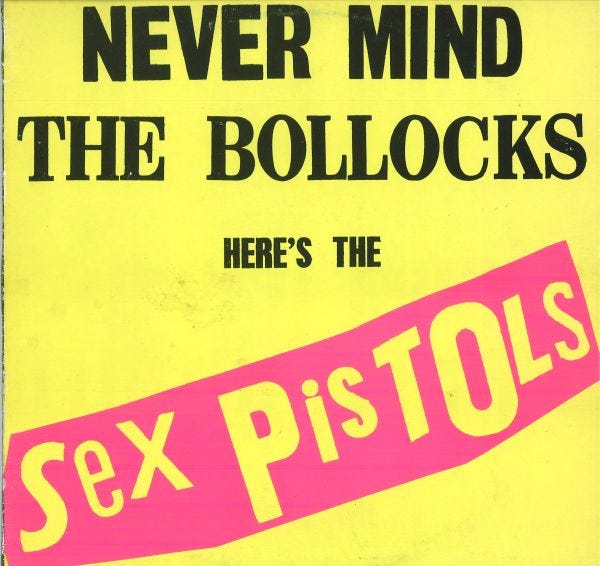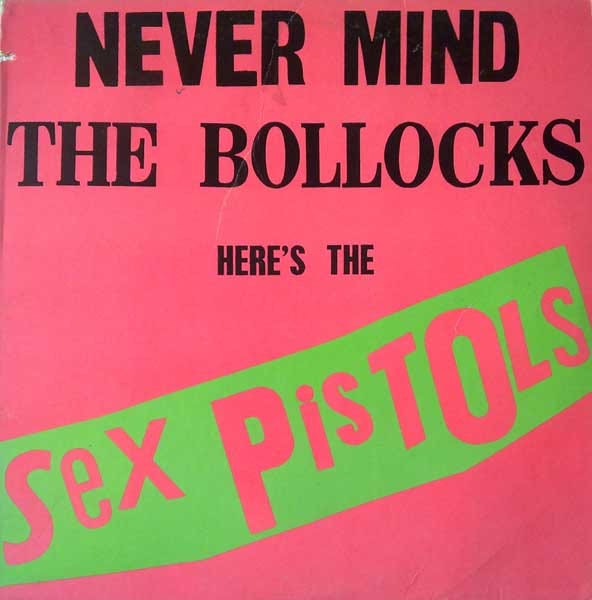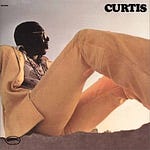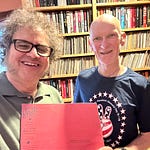Welcome to the third episode of the CROSSED CHANNELS podcast, in which Dan Epstein (the Yank) and Tony Fletcher (the Brit) clash and connect over music from across the pond.
Following our previous episodes on The Jam’s Setting Sons album and The Replacements’ Tim, we traipse back across the Atlantic to take on one of the most important, influential and of course notorious British bands of all time: The Sex Pistols.
After forming in 1975, The Sex Pistols kick-started the UK punk movement with both their confrontational live gigs and the 1976 single “Anarchy in the UK.” In 1977, having already been kicked off two major labels, second single “God Save the Queen” - a riposte to the official Silver Jubilee - almost topped the UK charts but also turned the group into Public Enemies No. 1. A lightning rod for controversy, the band topped the UK charts in 1977 with debut album Never Mind the Bollocks, Here’s the Sex Pistols despite being banned from performing throughout their homeland.


In the US, however, Pistols and Bollocks alike were initially perceived as little more than novelties — a perception unfortunately reinforced when the Sex Pistols broke up in January 1978 at the end of their brief lone US tour. Though recognized now as a classic of its kind, Never Mind the Bollocks wouldn’t “go Gold” in the US until 1987.
When the original lineup of Steve Jones, Paul Cook, Glen Matlock and John “Johnny Rotten” Lydon reunited in 1996 for the Filthy Lucre Tour, they were greeted as conquering heroes in the US and national treasures in the UK. But the seismic shockwaves of the Pistols’ legacy can still be felt to this day; ditto for the power and fury of their still-bracing music.
On this Episode of Crossed Channels, we ask: What was the UK — where Tony grew up and Dan briefly lived — like in the mid-1970s? Why was a band like The Sex Pistols sorely needed at the time? Why were their singles so immediately appealing? Why did the Pistols completely implode after less than three years of existence? Why did they fail to initially click in America? What was the real story behind Sid Vicious, who replaced Matlock in 1977, and died in New York in 1979 from an overdose while out on bail for the murder of his girlfriend Nancy Spungen? Was manager Malcolm McLaren a hero, a villain, or both? And did Dan and Tony manage to catch the Pistols on their reunion tour? Listen and find out!
A free preview of Episode 3 is available to all listeners, but the entire episode (along with the previous CROSSED CHANNELS episodes) is only available to paid Substack subscribers of either
or . If you’re already a free subscriber to one or the other, upgrade your subscription now to ensure that you don’t miss out. Cheers, and thanks as always for the support!The Crossed Channels theme tune is “Blue Diamond Fire” by The Corinthian Columns.
Watch a trailer for the “official” Sex Pistols documentary The Filth & The Fury here
Read about the group’s 1978 US tour here
The Sex Pistols performing “Anarchy In The UK” on their first TV appearance, Sep 4 1976, for Tony Wilson’s So It Goes show in Manchester, below:















